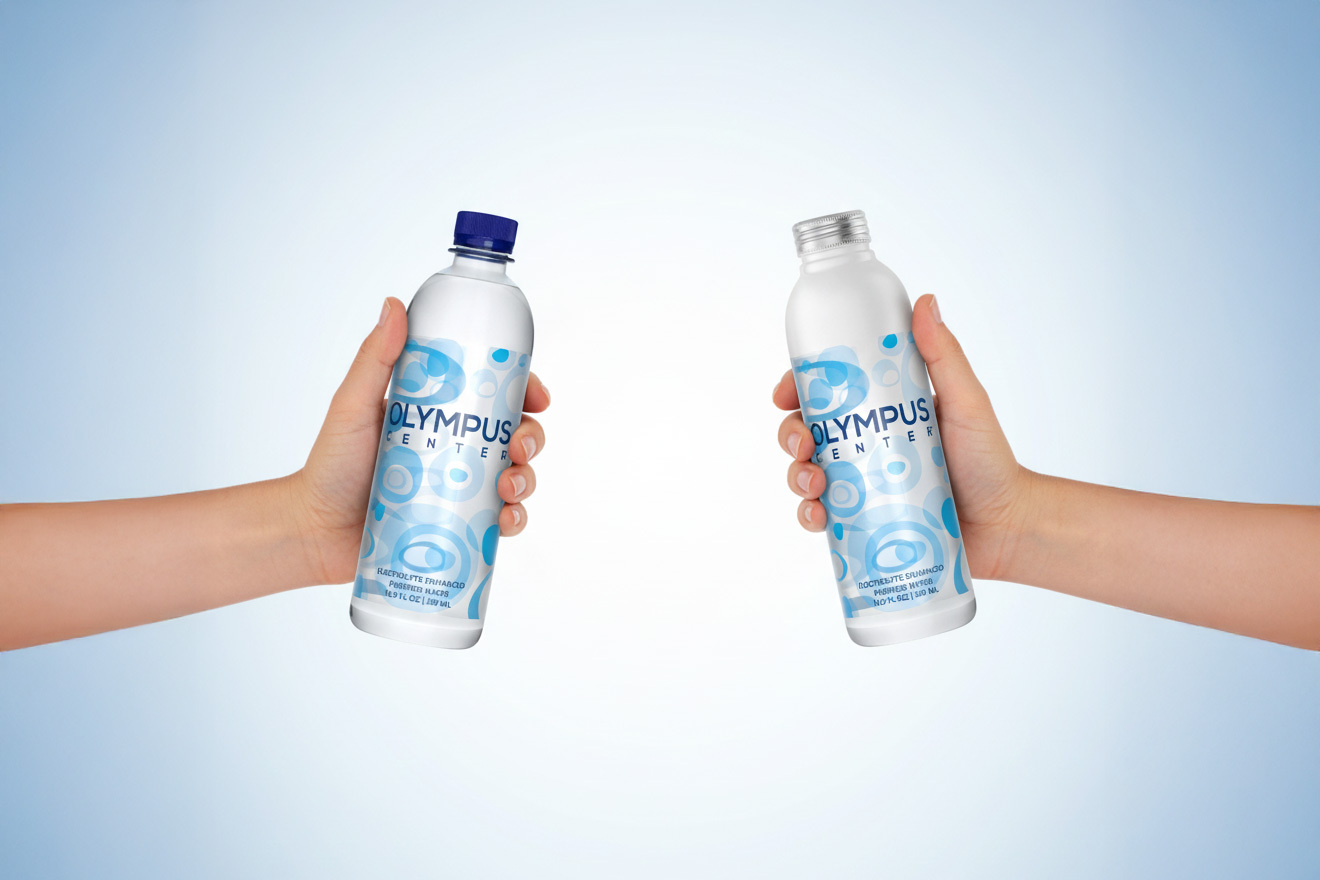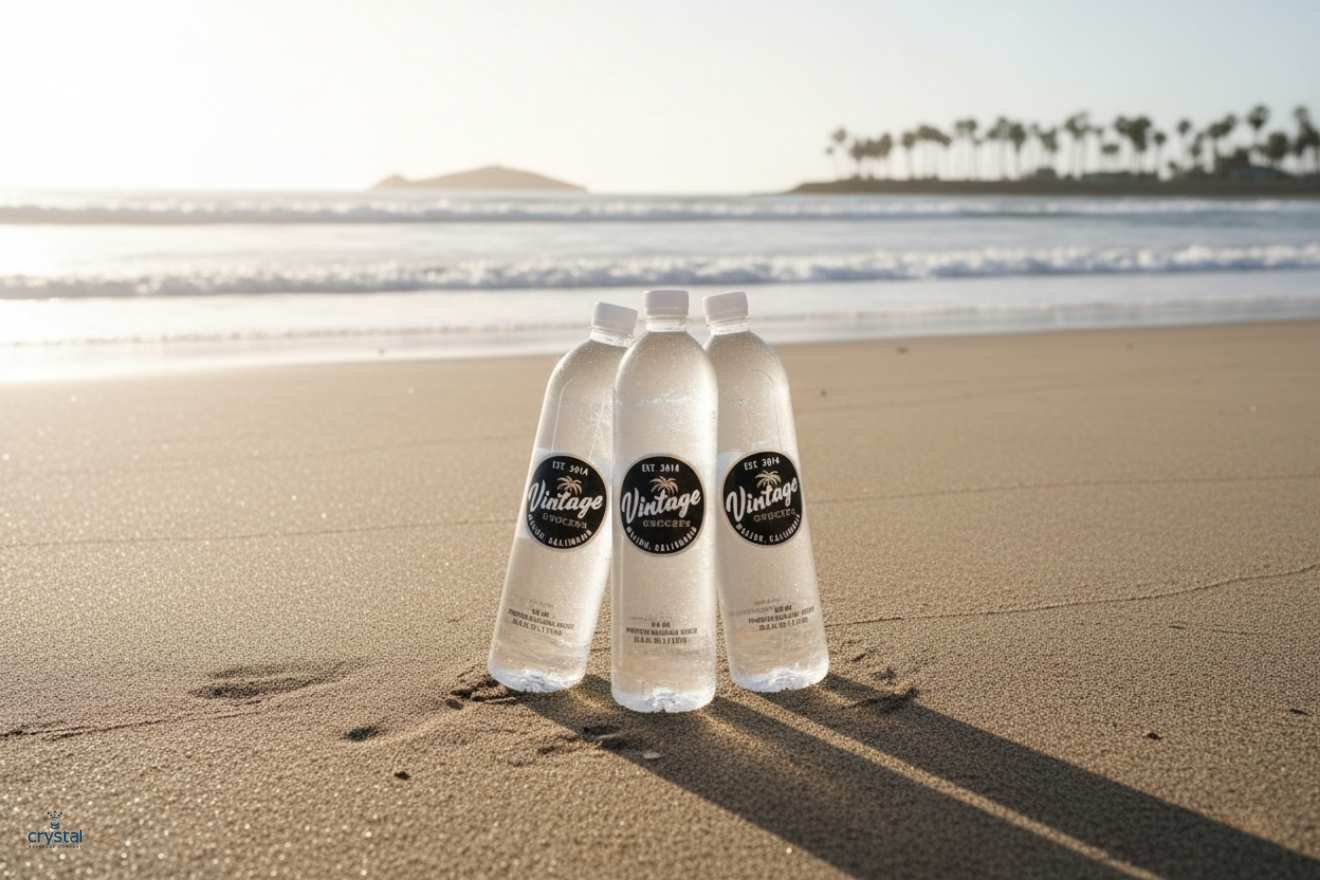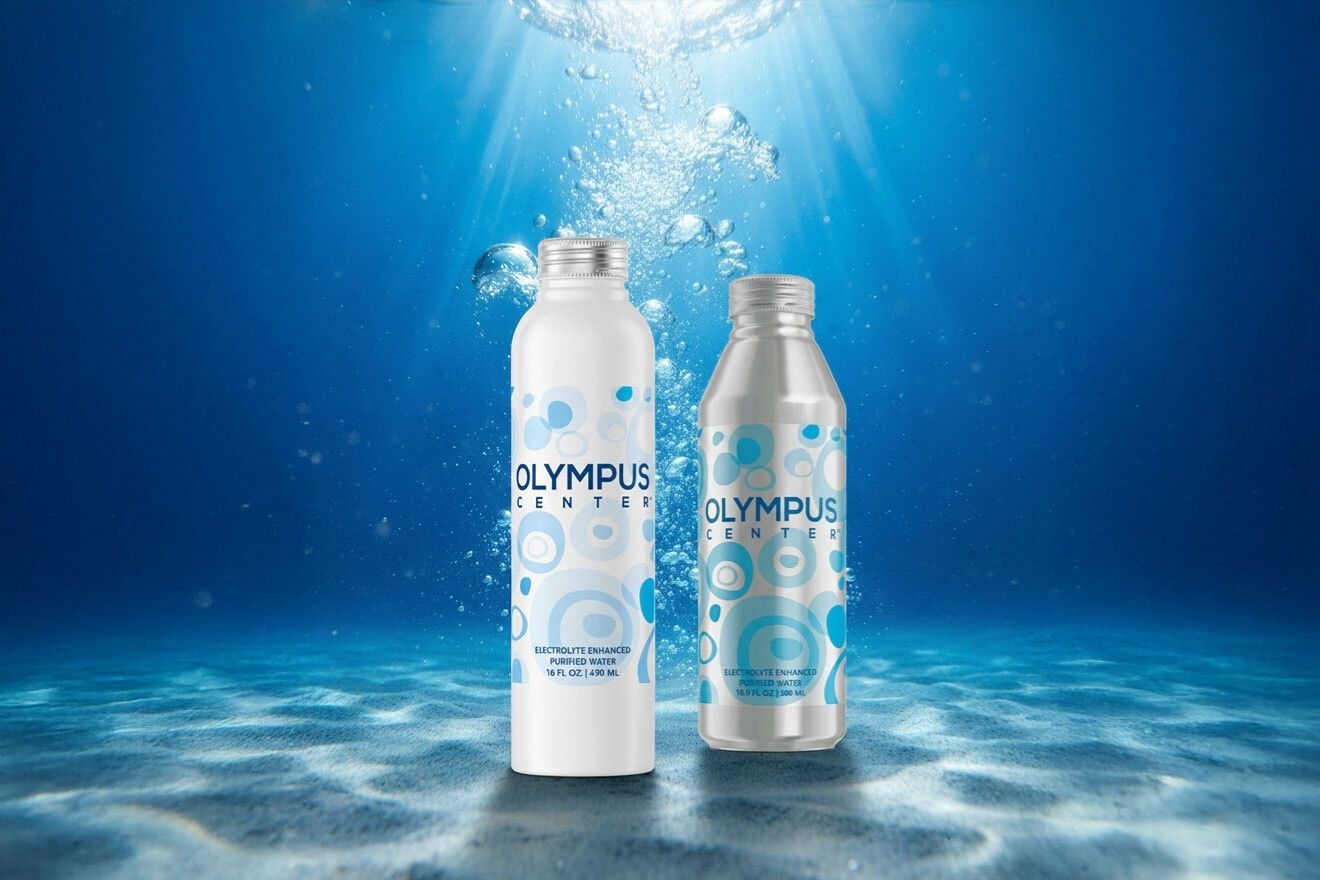Bottled Water Problems: Are They Really a Big Issue?


Bottled water was a revolutionary product as it provided a means for us to easily transport single-serve water in a sanitary and convenient way. However, plastic water bottles have shown to have detrimental effects on the environment and to human health; but does the issue lie with the material, or how we choose to dispose of it?
In this article, we'll be looking into the usual problems that arise when talking about plastic water bottles, and how we can address these issues to create a better world not just for us, but for future generations as well.
Bottled Water Problems: What Are They and How to Address Them
Pollution Problems
MYTH: Plastic water bottles are the leading cause of pollution in landfills, and they are getting into oceans and nature reserves, causing imbalance in the ecosystem.
FACT: While plastic water bottles contribute to the overflowing landfills, the truth to the matter is that pollution is a big problem regardless of which angle you look at. Food actually takes up the biggest chunk of the landfill at 25%, followed by the general category of plastic, which includes bottles, containers, and bags, at 18%.
Paper, cardboard materials, and other tree fibers make up 12% of the landfill, while textiles such as clothes, rubber materials, and faux or real leather garments make up 11% of the landfill. The problem here is not with the material, but how easily we dispose of these items instead of reusing or recycling them.
The waste management system is also a contributing factor to pollution. Waste is dumped into a singular space, left to rot and decay at a slow pace while more waste is brought in daily. Recycling plants are not well maintained either, and we need to think about the way we repurpose these materials instead of scrapping them.
Going back to the number one pollutant: food. There is a huge problem with food wastage, especially in developed nations where the majority of food waste is caused by uneaten or unsold food from homes and dining establishments.
Environmental Problems
MYTH: Plastic uses up a ton of oil, energy, and resources. All plastic should be banned because they are causing greenhouse gasses and environmental degradation.
FACT: We cannot ignore the contributions of plastic bottles to the environment. Water bottles are causing significant issues in global warming, and human health. However, the problem is not with plastic water bottles alone, but with the way we process them.
Fun fact, plastic only takes up 4% of total oil resources. This means that 96% of oil products are used up by automobiles, gas products, stoves, and other oil by-products. To say that bottled water alone is causing environmental deterioration is a fallacy, as it ignores the contributions of oil-guzzling cars, the burning of fossil fuels, and others.
Health Problems
MYTH: Plastic bottles are dangerous to your body because they leach toxic chemicals that can cause cancer, impotence and fertility issues, and abnormal chemical imbalance within the body. You should stop drinking and eating from all plastic containers.
FACT: You may have heard this rumor from those popular chain email messages and clickbait articles talking about the dangers of plastics, but it is important to know what kind of plastic we are dealing with before we jump into any conclusions.
While it's true that some types of plastic do leach out harmful chemicals, there are more than one type of plastic. Other types, like Polylactide Acid (PLA) and Polyethylene Terephthalate (PET) plastics, are deemed sustainable and eco-friendly as long as they are processed properly.
There are also reusable, BPA-free plastic containers that can be safely microwaved, reused, and recycled without the threat of harmful substances. Disposable kinds can be just as safe, as long as you choose BPA-free bottles that don't pose threats to your health.
Price Problems
MYTH: Bottled water is so much more expensive than tap water, and tap water costs next to nothing so you should drink tap water only.
FACT: It's true that bottled water is more expensive than tap, but the big difference is the safety of bottled water when compared to tap water. Drinking water has a standard 5 micron filtration system, which removes debris, unseen particles, as well as bacteria and viruses.
Tap water may be regulated, but is still not as filtered as bottled water. There are also times when bottled water is a better value for you than tap water, especially if you have issues with your immune system, your gut heath, or if you simply cannot take your own water with you.
The price of bottled water is heavily due to the convenience, frequent safety testing, and processing of the bottled water to ensure that the product is completely safe to drink, portable, and can be stored for emergency uses.
Safety Problems
MYTH: Plastic bottled water is more expensive than tap water, and the safety is relatively the same. Tap water is just as clean as bottled water, so better to drink tap water than bottled water.
FACT: Tap water and municipal drinking water are indeed safe and clean for consumption, but while the tap water is thoroughly regulated to provide clean and potable water, the surrounding tap itself may not be.
Pipes, faucets, and taps are among the most popular real estate sites for mold, mildew, and water-borne bacteria. In your home, you may feel confident about drinking water straight from the tap, but for those moments where you cannot properly assess the condition of the tap water, you're better off drinking bottled water.
Restaurants, cafes, and other eating establishments rarely clean their faucets and pipes as cleaning these would disrupt operations. As such, the tap water in these establishments may not be adequate in terms of safety, and bottled water would be a more sanitary alternative to tap water.
There are also times when tap water just isn't practical, like when you're out for a run, at an event, or traveling elsewhere. You may not be able to bring tap water with you in reusable water bottles, but you can always find bottled water sold in most stores, which is surely safe to drink.
The Solution
Plastic plays a relatively small role in the pollution problem, but it cannot be ignored as a contributing factor. However, it is difficult to remove plastic entirely as it is a sanitary and highly-convenient form of packaging. Instead, we look into improving our systems to better manage our wastes.
Recycling is an important matter now more than ever. Recycling plastic bottled water is one way we can take care of the plastic problem at home. Many craftsmen are now taking to sustainable ways of recycling plastic bottled water caps, such as using these for ballpen housing, re-molded as containers, and as beads for jewelry.
We can also demand for better alternative products, such as aluminum bottles instead of plastic. When we look into sustainable alternatives, we get to create an economy around these materials and get companies to do the same. Aluminum bottled water is a terrific resource that can replace plastic bottled water.
Saving the Planet
In the fight against global warming, it may be difficult to choose between convenience and sustainability. A plastic bottled water may seem like the main villain in keeping an environmentally-friendly face, but the truth is that our sustainability problems lie in how we utilize, process, and manage our resources.






